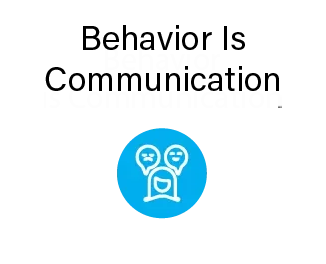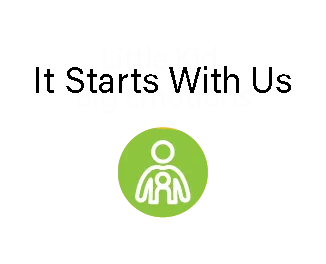
You Did It!
Congratulations! You have made it through!
It is a lot of new information to take in. Our goal as caregivers is to help our child grow into a competent, confident, resilient, independent, and happy person. The previous sections have covered foundational parenting information to support this goal in an effective and efficient way.

We started by identifying that all behavior is communication. We need to constantly be seeking the reason behind our child’s actions.
In the section, All Emotions are Okay, we moved on to the importance of supporting, modeling, and teaching our child about emotions.
We became parent detectives, investigating contributing factors to behavior. When the factors are not considered, simply addressing behavior is ineffective.
A significant factor underlying behavior is our sensory systems. We each respond to sensory input in various ways, which influences how we interact with the world. When a child’s sensory needs are unmet and/or sensory sensitivities are overlooked, behaviors can become more challenging.
Self-regulation is affected by many factors and is a skill that needs to be modeled, observed, taught, and practiced. Co-regulation is the first step in teaching your child how to regulate themselves.
Implementing this information is a learning journey for you and your child, and change is expected to take some time. Our brains and bodies learn through patterned, repetitive experiences; therefore, guiding our children is a process that takes time, patience, and many do-overs. Each time we show up, providing safety and connection during stressful moments, we help our children develop the skills they need to effectively manage emotions, stress, and the ever-changing demands of life. As parents, we are constantly learning, but the most important lesson is that there is no such thing as perfect parenting. As Dr. Carla Naumberg, clinical social worker and author, states. “You don’t need to be a perfect parent to be a great parent.”











